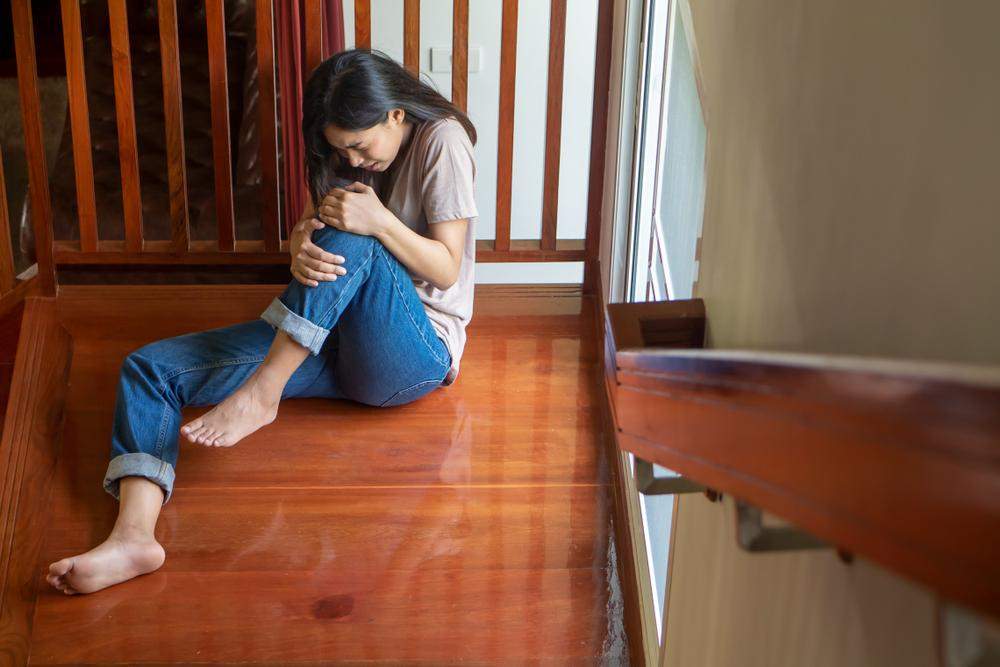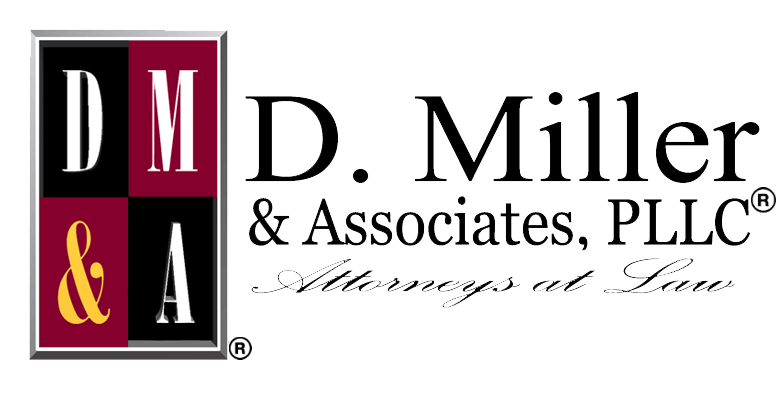
Falls can cause many types of serious and lasting injuries, including bone fractures, head and brain injuries, and mental trauma. In some cases, the conditions suffered as a consequence of a fall can even lead to the loss of life.
According to the Centers for Disease Control and Prevention (CDC), falls occur when a person comes down suddenly and strikes the ground or floor. Slips, which occur when you lose your footing, and trips, in which your foot catches on something, often account for serious falls. More older adults than younger people fall annually, with more than one in four adults over aged 65 experiencing a fall each year.
Especially in advanced age, falls can cause injuries that have a significant impact on an individual’s well-being and quality of life. If the fall occurs as a result of someone else’s negligence, a lawyer can help a victim investigate their case and determine if they have a legal claim.
Types of Injuries Following Falls
While people of all ages suffer injuries in falls, more elderly people experience serious falls than younger adults. Older people fall most frequently on flat surfaces, such as on the way to and from the restroom in nursing homes. An article in the National Center for Biotechnology Information (NCBI) states that one in five falls lead to serious injuries in the elderly.
The injuries you may suffer from a fall depend on the distance of the fall, the area of impact, and your age. While many falls cause no injuries, others can lead to life-threatening conditions.
Broken Bones
Forceful contact with hard flooring or concrete surfaces during a fall often leads to broken bones. Each year, thousands of patients receive hospital treatment for falls, many of whom suffer hip fractures. Almost all hip fractures result from a fall, particularly those in which the victim falls sideways.
Other bones and joints frequently injured in falls include the wrist, arm, and ankle. For some people, these injuries may require extended time away from work to heal and regain mobility, and their financial stability may decline as a result.
Brain Injuries
A frequent cause of traumatic brain injuries (TBI), falls can cause severe head trauma that can have lasting or even fatal effects. TBI and other brain injuries present an especially high risk to older people, particularly those who take blood-thinning medications. According to the University of Texas Southwestern Medical Center, these types of falls often lead to bleeding in the brain, which typically requires emergency medical treatment.
Mental Trauma
Even if the person who falls does not suffer an injury as a result, the fear associated with the experience can lead to lasting trauma that makes the idea of future falls unbearable. Those who limit their mobility to avoid falls may become physically weaker, which can contribute to a greater risk of repeated falls.
Factors that Increase Fall Risk
Several other factors increase fall risk, as well, including medical issues and dangerous workplace environments. While employers and business owners can take steps to avoid falls, many occur as a result of someone’s failure to provide the appropriate measures of prevention.
Health Concerns
Medical conditions often contribute to falls, and the more risks a person has, the higher their risk of falling. Healthcare providers should work with susceptible patients to decrease their fall risks, which may include:
- Trouble with mobility
- Vision problems
- The use of medicines that can affect balance and alertness
- Vitamin D deficiency
- Lower body weakness
Occupational Hazards
According to Ergonomics, falls experienced on the job can result in great medical and economic challenges to a family or individual. Some occupational fields with a high fall risk include:
- Construction
- Manufacturing
- Wholesale trade
- Retail trade
- Transportation and warehousing
Employers have a responsibility to keep their personnel safe from preventable injuries. If you suffered injuries from a fall at work, an attorney can help you investigate your case.
Financial Awards for Those Who Suffer Falls
When falls result in serious injuries, victims and their families may qualify to seek financial awards from the liable party. The types of damages may vary based on the specific circumstances of each case, but they may include recovery for:
- Emergency medical bills, rehabilitation, and other related healthcare expenses
- Lost wages or loss of future income
- Pain and suffering or mental anguish
- Funeral and burial costs if injuries prove fatal
- Loss of consortium for victims’ spouses
An Attorney Can Help Fall Victims with Their Cases
When employers, government agencies, business owners, and other people or organizations fail to maintain safe environments for employees, patrons, and visitors, falls resulting in serious injuries can occur.
If you or your loved one suffered a fall due to someone else’s negligence, the attorneys at D. Miller & Associates, PLLC™ can help you fight for your case. Contact us today at (713) 850-8600 to speak with us about filing a claim.
Related Frequently Asked Questions
- How Do You Know If You Have a Good Personal Injury Case?
- How Do You Know If You’ve Been Injured By a Defective Medical Device?
- Can You Sue For Distracted Driving Accidents In Texas?
- What Happens If You Get In An Accident Without A License In Texas?
- My Loved One Was Killed In A Truck Accident, Am I Able To Sue?





